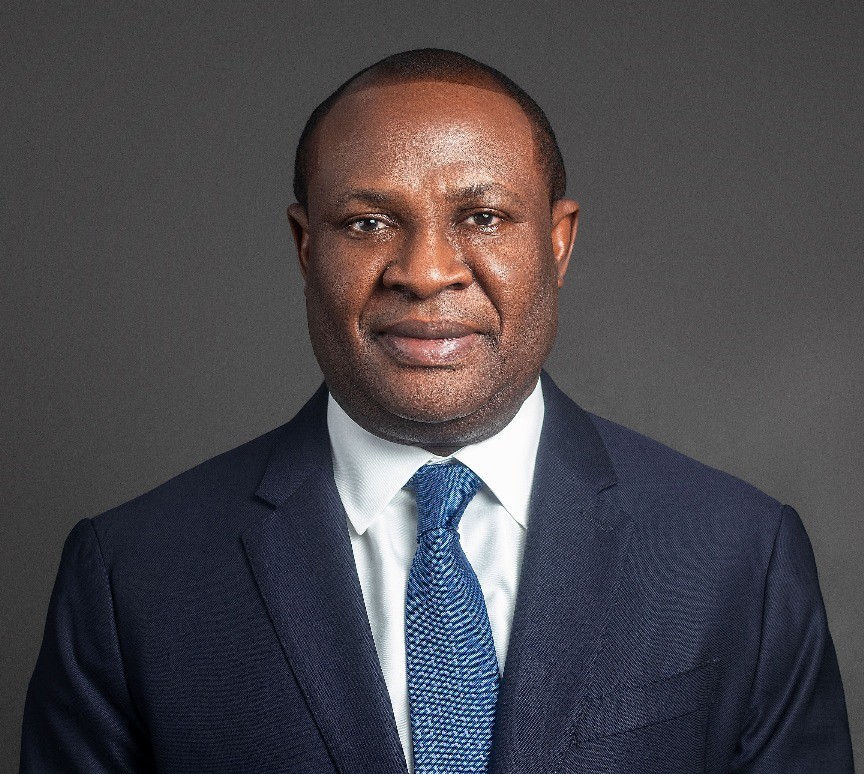The African Union for Housing Finance (AUHF) has called on African governments to take a more active role in promoting blended finance as a tool for accelerating affordable housing delivery across the continent.
AUHF Chairman and Managing Director of the Nigeria Mortgage Refinance Company (NMRC), Mr. Kehinde Ogundimu, made the appeal during the State and City Roundtable on Blended Finance for Affordable Housing held at the 41st AUHF Conference and Annual General Meeting in Kenya.
He said the continent’s growing housing deficit demands urgent, coordinated action, noting that Africa’s urban population is projected to triple by 2050.
“This transformation presents a choice,” Ogundimu said. “Will our cities become engines of prosperity and human dignity, or sprawling informal settlements defined by lost opportunity and persistent inadequacy?”
Ogundimu stressed that housing reform in Africa must be anchored on innovation, collaboration, and blended finance the strategic combination of public, private, and philanthropic funds to mobilize large-scale investment.
“We need blended finance to unlock capital at scale. It is not just an option it is a necessity,” he said.
He explained that governments should evolve from being the primary providers of housing to becoming market enablers, using public resources to attract private investment.
“When effectively structured, blended finance can mitigate investment risks, extend loan tenors, lower interest rates, and magnify the impact of limited public funds,” Ogundimu noted.
Highlighting examples from across the continent, he cited emerging initiatives such as guarantee schemes and employer-employee housing funds as evidence of how well-designed policies and partnerships can expand access to affordable housing finance.
“Housing is more than a social good it is an economic catalyst,” he added. “Each home built generates jobs, supports local industries, deepens financial markets, and drives wealth creation. AUHF remains committed to advancing this vision through advocacy, capacity-building, and partnerships.”
Drawing on NMRC’s experience in Nigeria, Ogundimu emphasized that sustainable housing finance requires a holistic ecosystem approach involving multiple stakeholders. “No single institution or country can achieve this alone,” he said.
The roundtable, supported by UN-Habitat and the African Development Bank (AfDB), brought together policymakers and experts from Nigeria, Kenya, Rwanda, South Africa, Botswana, and Zimbabwe to discuss innovative strategies for affordable housing and capital mobilisation.
Ogundimu reaffirmed AUHF’s resolve to replicate successful models across Africa and urged governments to demonstrate consistency and courage in implementing recommendations from such forums.
“The families waiting for decent homes are counting on us,” he said. “History will judge how we respond to this challenge. I am confident that together, we can.”




